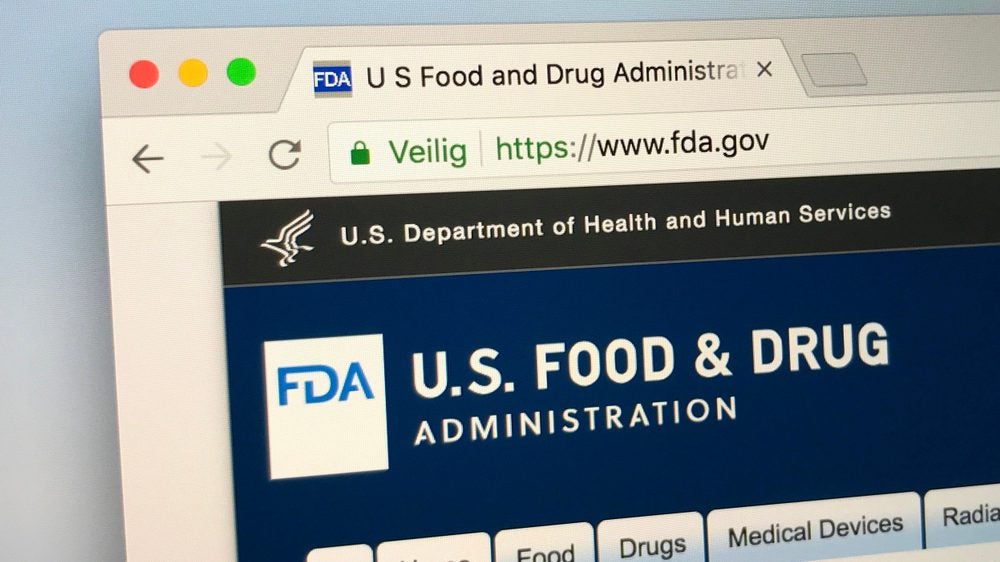
During Monday’s FDA virtual public meeting, panelists delved into a key challenge for rare disease clinical trials: recruiting diverse patients. Speakers rejected the notion that clinical trial sponsors must work through a tradeoff between recruiting efficiently and enrolling diverse populations. Instead, they said, it is a scientific imperative to ensure treatments for rare diseases are safe and effective for diverse populations reflecting real-world patients.
The virtual public meeting, called FDA’s Rare Disease Day 2023, brought together FDA officials and patient advocacy leaders in a series of panel discussions and Q&A sessions. Throughout the meeting, speakers highlighted strategies to overcome recruitment barriers for two historically underrepresented groups: demographically diverse and pediatric patients.

Discover B2B Marketing That Performs
Combine business intelligence and editorial excellence to reach engaged professionals across 36 leading media platforms.
Diversity in rare disease trials
Even for rare diseases with limited patient populations, diversity in terms of both demographics and clinical characteristics is essential, explained Dr. Lola Fashoyi-Aje, deputy director and associate director, FDA. During a panel, Fashoyi-Aje emphasized key steps sponsors can take to move diversity objectives forward.
First, sponsors should look to simplify requirements for clinical trial protocols, Fashoyi-Aje said. This makes it easier to conduct clinical trials in a broader set of environments and reduces patient burden. Specific strategies include allowing use of local imaging and laboratory facilities, and facilitating remote digital visits, she noted. Sponsors should also aim to limit exclusion criteria by reassessing assumptions about what patient characteristics are truly important to the study.
Next, sponsors should increase collaboration with patient advocacy groups and community leaders, Fashoyi-Aje added. This not only aids in improving the current trial, but also facilitates greater shared learning about how specific types of drugs work in a broader population. Practices like improving disease awareness and patient registries, for example, can boost future clinical development and treatment understanding, she noted.
There is a growing push to include more women in clinical trials, as well as other historically underrepresented groups like non-binary patients and patients with cognitive impairments. Data-driven solutions to reduce recruitment barriers and increase diverse patient enrollment are also gaining steam.

US Tariffs are shifting - will you react or anticipate?
Don’t let policy changes catch you off guard. Stay proactive with real-time data and expert analysis.
By GlobalDataPrioritising paediatric patients
Meanwhile, panelists also discussed the scientific necessity of studying paediatric populations during early clinical development. Children are a particularly vulnerable population, and many rare diseases inflict irreversible damage during early childhood, explained the FDA’s Senior Paediatric Ethicist Dr. Donna Snyder. As a result, paediatric patients cannot always be thought of as the last population to be tested in a clinical development program.
Informed consent presents a unique ethical challenge for pediatric populations. Snyder stressed that consent should not be thought of us as a one-time event before the trial begins, but rather as an ongoing process between the child, their parents, and clinicians. The goal is for parents and children to feel like they are actively contributing to the advancement of science, she said.
Last September, the FDA released draft guidance designed to better protect children who enter clinical trials. However, many experts were skeptical that the new guidance included enough specifics, noting that most recommendations were already in practice.





